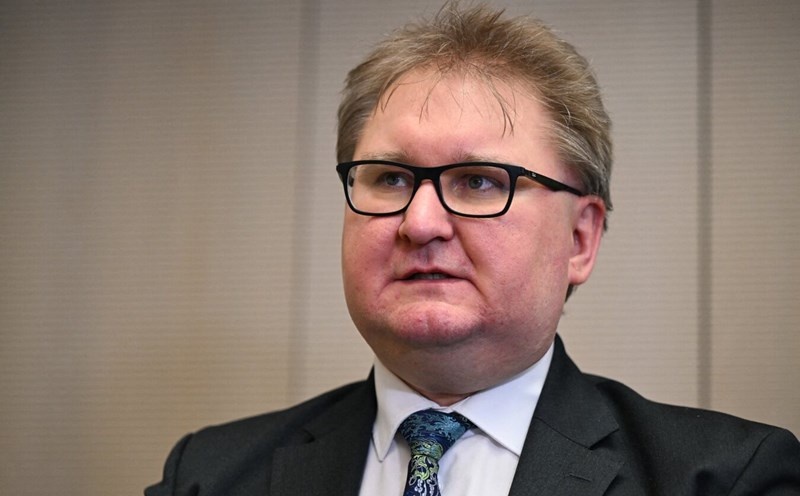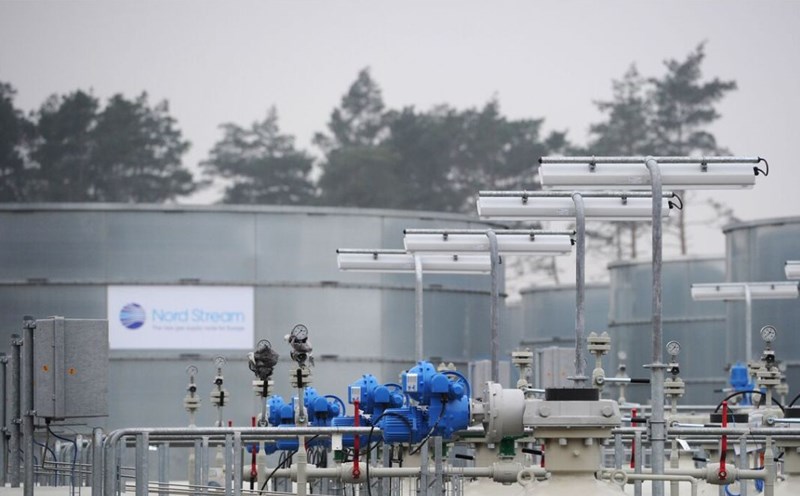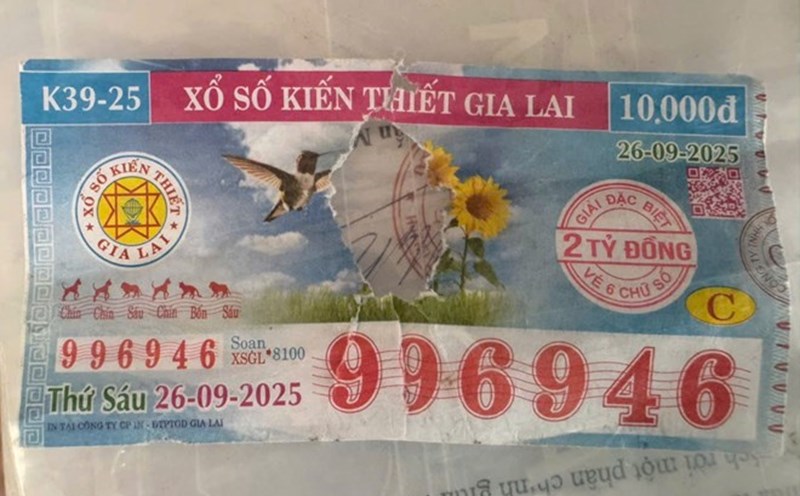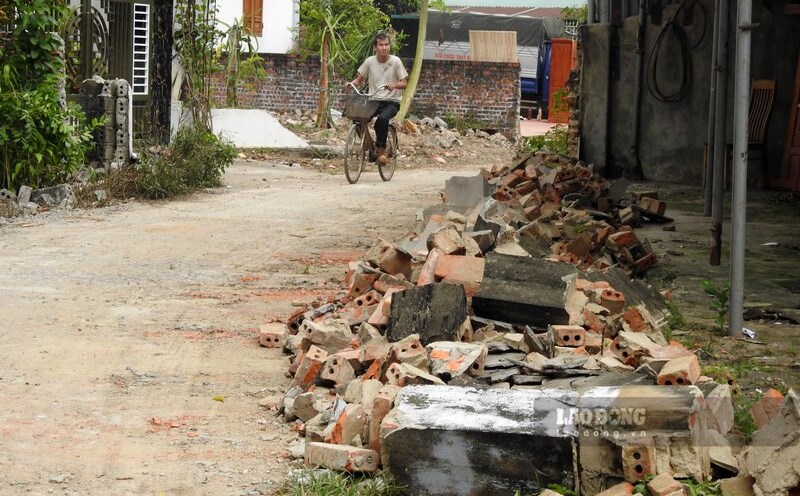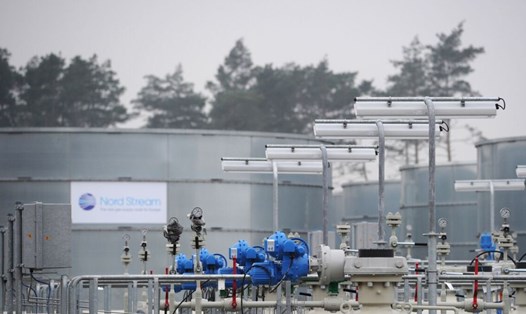Since the Russia-Ukraine conflict broke out in 2022, the EU has almost completely eliminated imports of Russian oil, coal and gas. Meanwhile, Budapest and Bratislava still refuse to cooperate, stressing that there is no real alternative and that abandoning supplies from Russia would mean skyrocketing prices.
Hungary and Slovakia have won exemptional terms allowing continued imports of Russian oil via the Druzhba pipeline through Ukraine as well as preventing sanctions targeting Russia's gas and nuclear sectors.
In fact, the two countries are steadily increasing energy payments to Russia, according to Isaac Levi, head of the Russia expert group at the European Clean Air and Energy Research Center in Helsinki, Finland. He said that as of this point in 2025, Budapest and Bratislava have paid Russia 5.58 billion euros for fossil fuel imports, exceeding last year's 5.56 billion euros.
After realizing that the consensus-based approach had entered a dead end, in June this year, the European Commission (EC) announced a legal proposal to ban imports of Russian gas. Unlike sanctions that require the absolute consent of all EU member states, this proposal is considered a trade measure, so it only requires a qualified majority, thereby eliminating Hungary and Slovakia's voting rights over the draft law.
On October 20, EU Energy Ministers officially approved the bill, sending a message that the bloc is ready to overcome the objections of these two countries before entering the final negotiation stage with the European Parliament.
"We will reach an agreement even if they object. This is not an easy problem, but I believe we will succeed," a senior EU diplomat said before the vote.
Meanwhile, Hungary and Slovakia continue to argue that the law will threaten energy security, increase gas prices and cause damage to heavy industries.
Currently, Hungarian energy giant MVM has a long-term contract with Russian Gazprom until 2036, along with a number of short-term seasonal agreements. Slovakia's SPP company also signed a gas supply contract with Gazprom until 2034.
Erste Bank oil and gas analyst Tam Tam Pletser said the new bill could increase gas prices in the region by 5-10% in the medium term. However, if the European Commission coordinates with other countries to reduce gas transit fees, the price increase could be reduced by 40%.
According to Mr. Pletser, Hungarian MVM Group is signing new gas contracts while Hungary can completely find an alternative source of liquefied natural gas (LNG) imported through Western Europe and Greece, as well as a new mining project in Romania starting in mid-2027. The Hungarian energy sector is absolutely ready, he stressed.
The European Commission is also confident. "These measures are designed to ensure EU energy security while minimizing the impact on prices," a committee official said.

